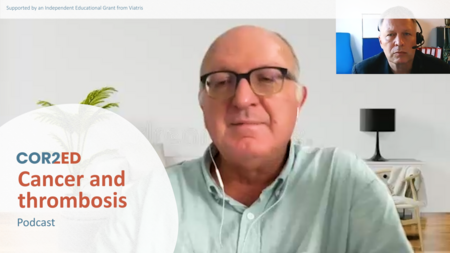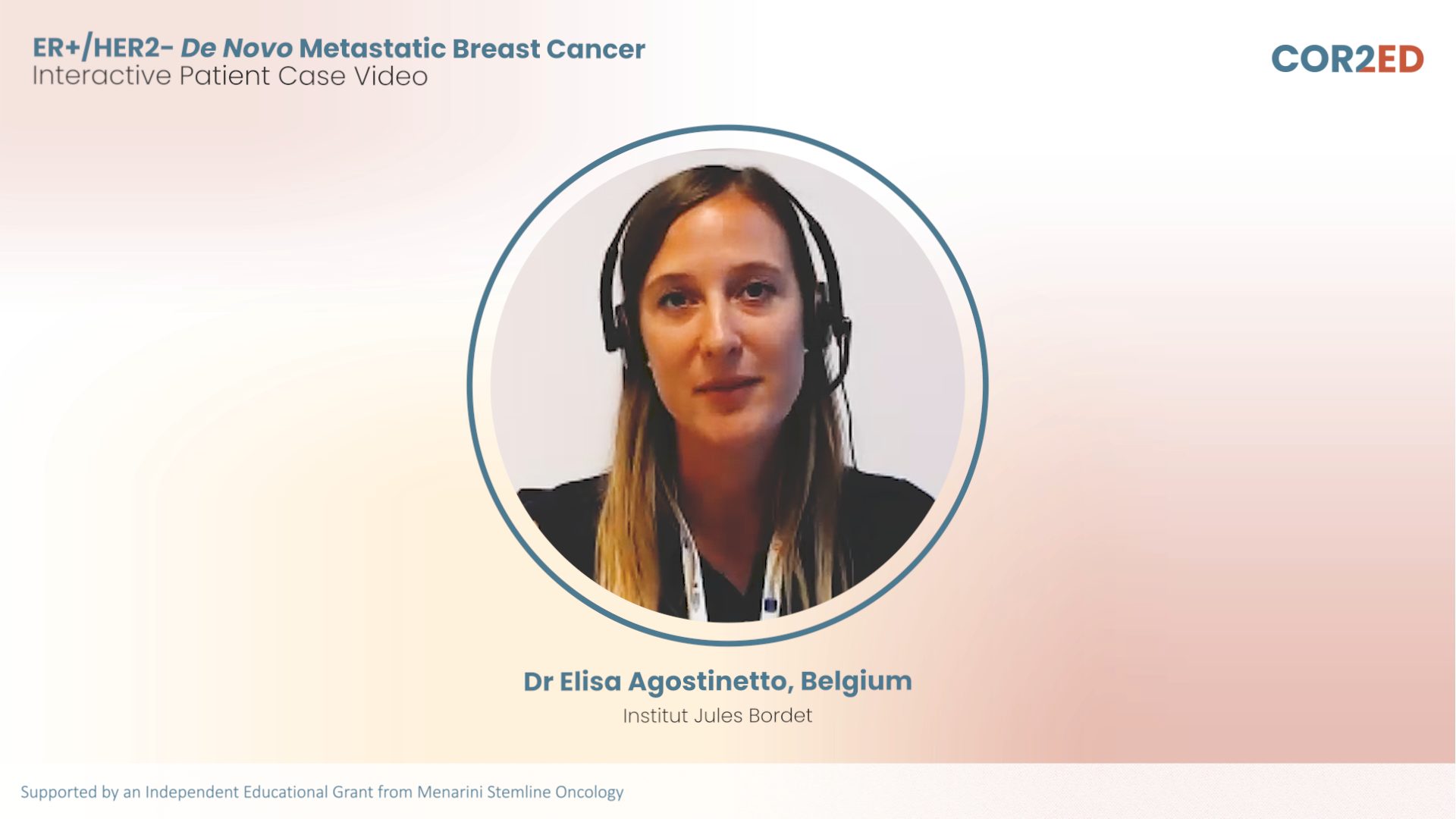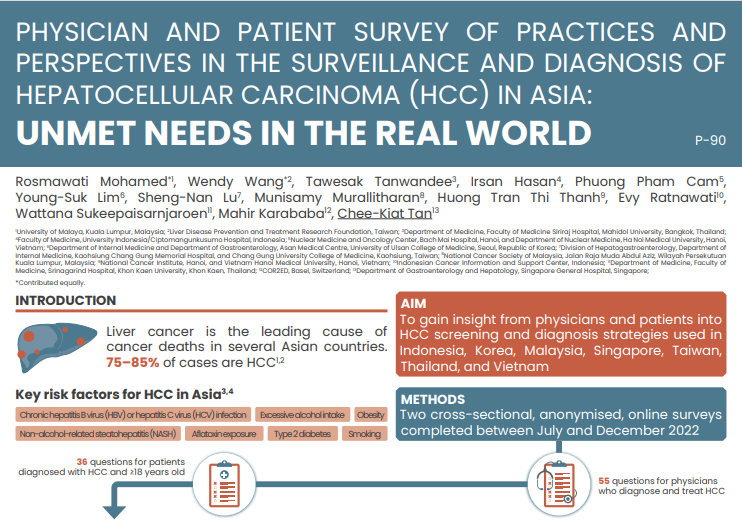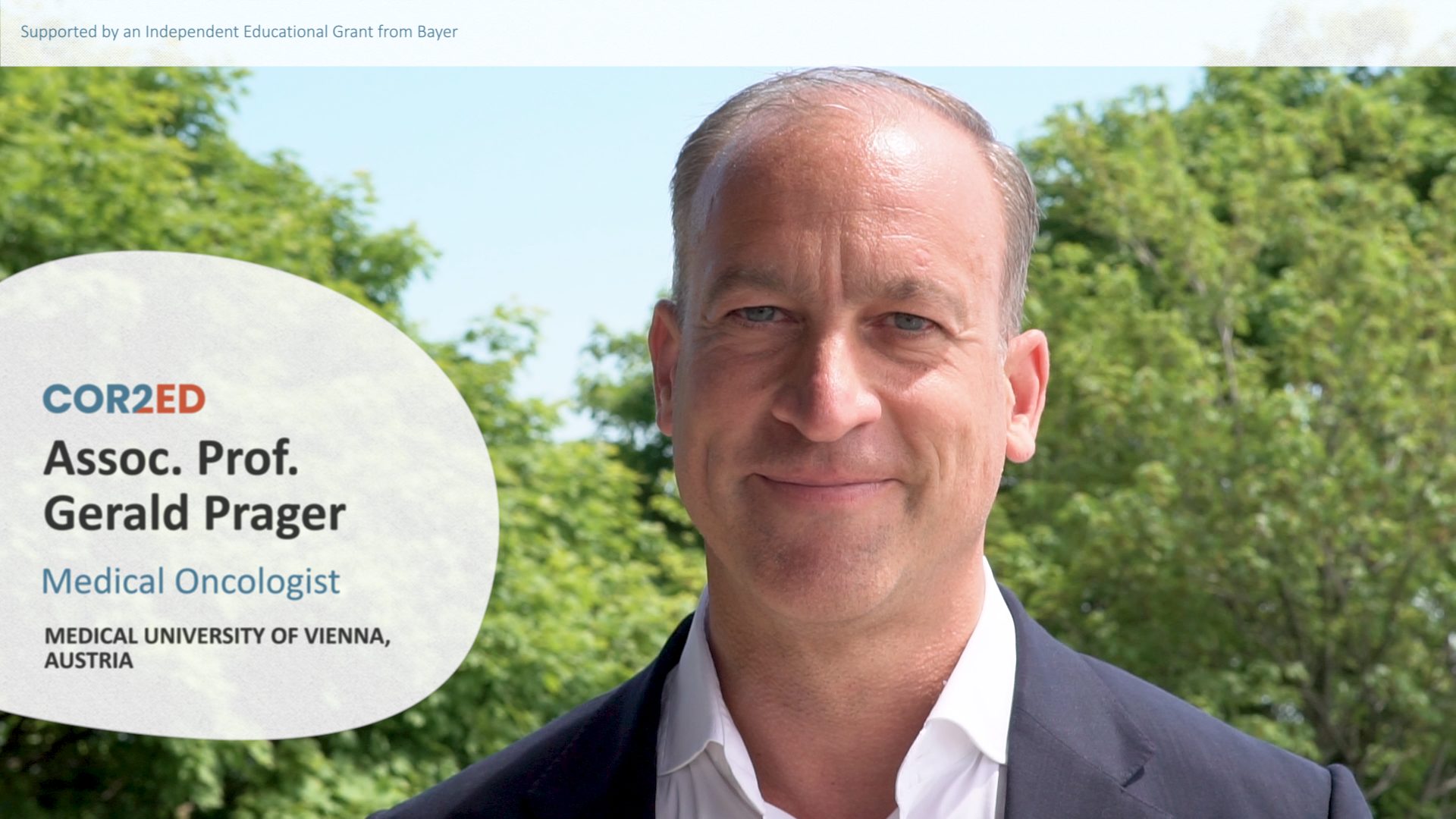Watch the video and download the slides
The GUIDE Communication Framework: Strengthening shared decision-making between nmCRPC patients and the healthcare team
This is the second in a series of three newsletters explaining the GUIDE Communication Framework, a simple 5-step approach to optimise the role of the nurse in strengthening shared decision-making between nmCRPC patients and their healthcare team.
GUIDE’s five letters each represent a crucial step in your conversations with patients with prostate cancer.
Gain insight into goals of treatment and care
Understand gaps in the patient's knowledge
Inform and educate
Direct to additional support
Empower the patient
Joanie Pfahl and Jennifer Sutton cover step 3 of the GUIDE Communication Framework and explain the importance of Informing and educating the patient, and why it is essential for nurses to have up-to-date knowledge about the disease and common symptoms, key studies relating to nmCRPC, treatment aims and options, potential side effects and proactive management as addressing patients’ knowledge gaps in the right way is critical in managing their treatment successfully.
In the first newsletter, Veerle Lamotte covered steps 1 and 2 of the GUIDE framework and explained why it’s important to Gain insight into the goals of treatment and care as a first step in supporting your patients along the agreed treatment journey and how to Understand the gaps in the patient’s knowledge, allowing you to prioritise where you focus when it comes to informing and educating the patient.
In the third newsletter, Jason Alcorn explains how to Direct the patient and the carer to additional support and the importance of Empowering the patient, making them feel they can actively participate in the shared decision-making and treatment process, and why these steps are an important part of a successful treatment journey.


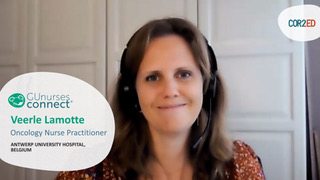
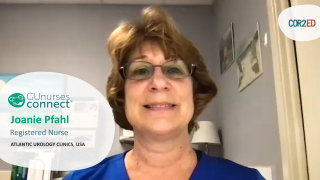
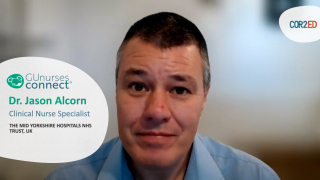






 19 MIN
19 MIN
 Jul 2024
Jul 2024  Downloadable
Downloadable 